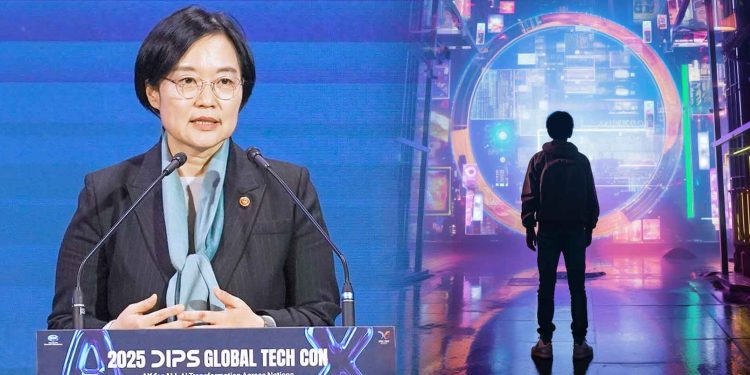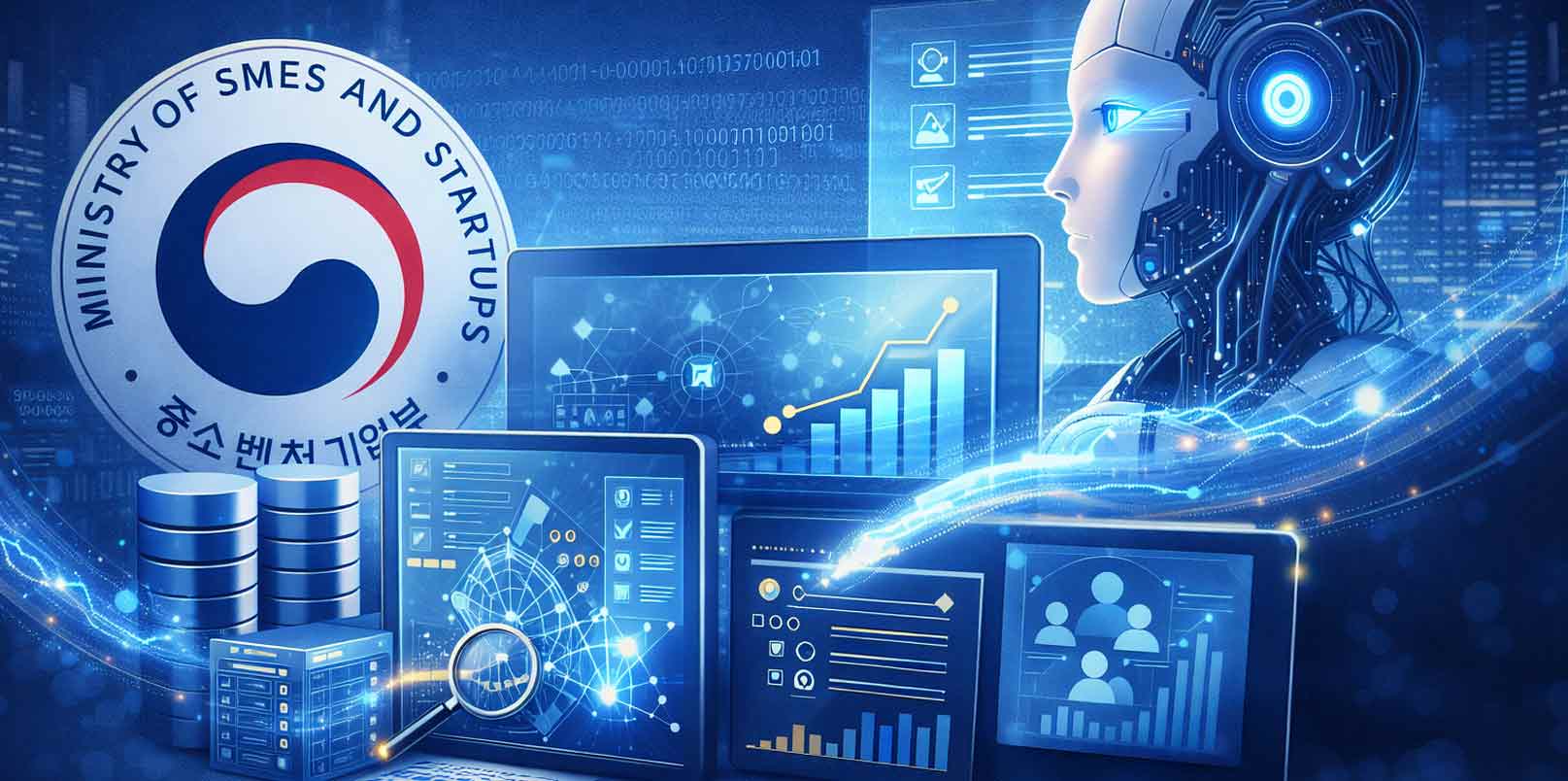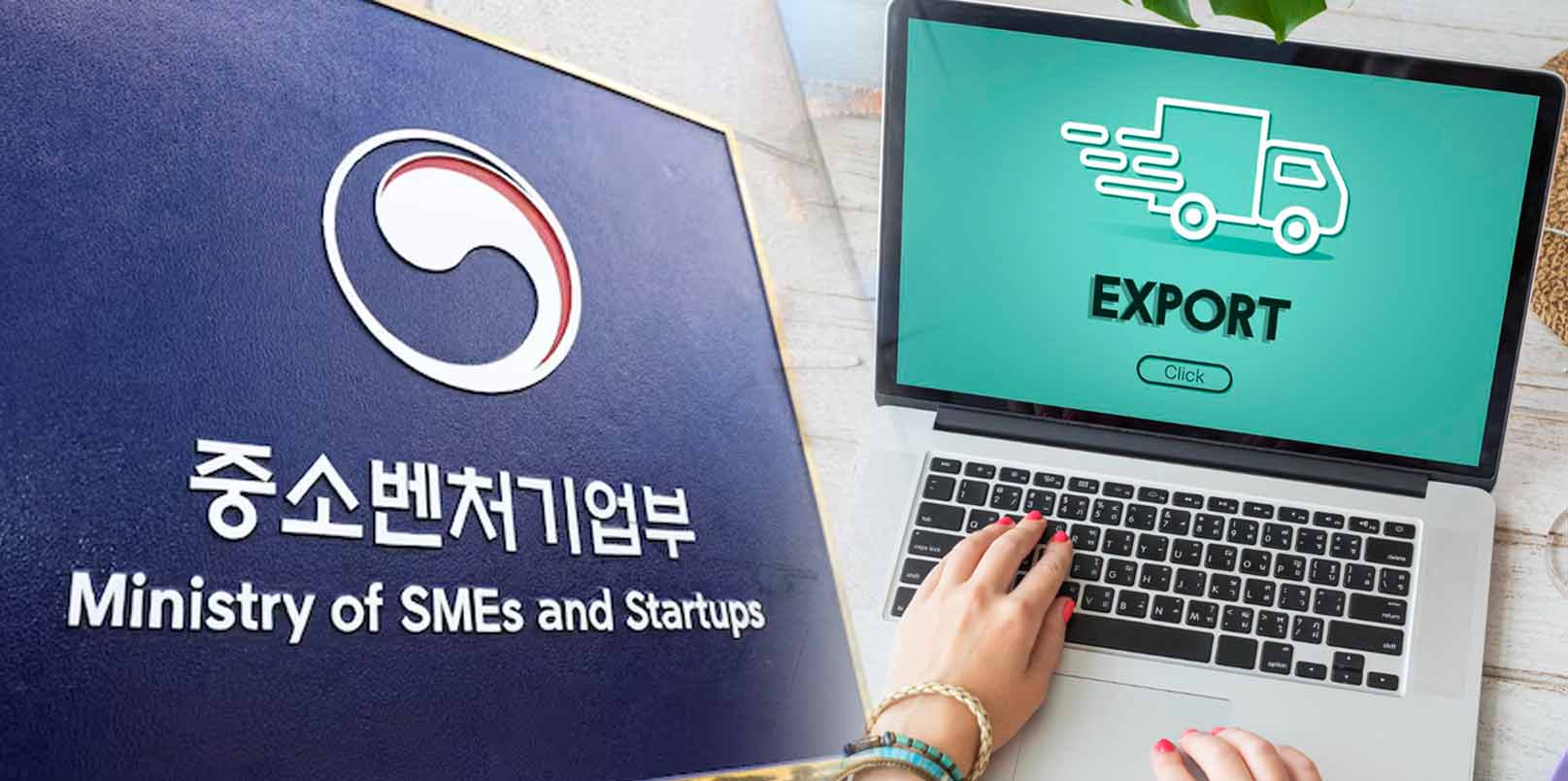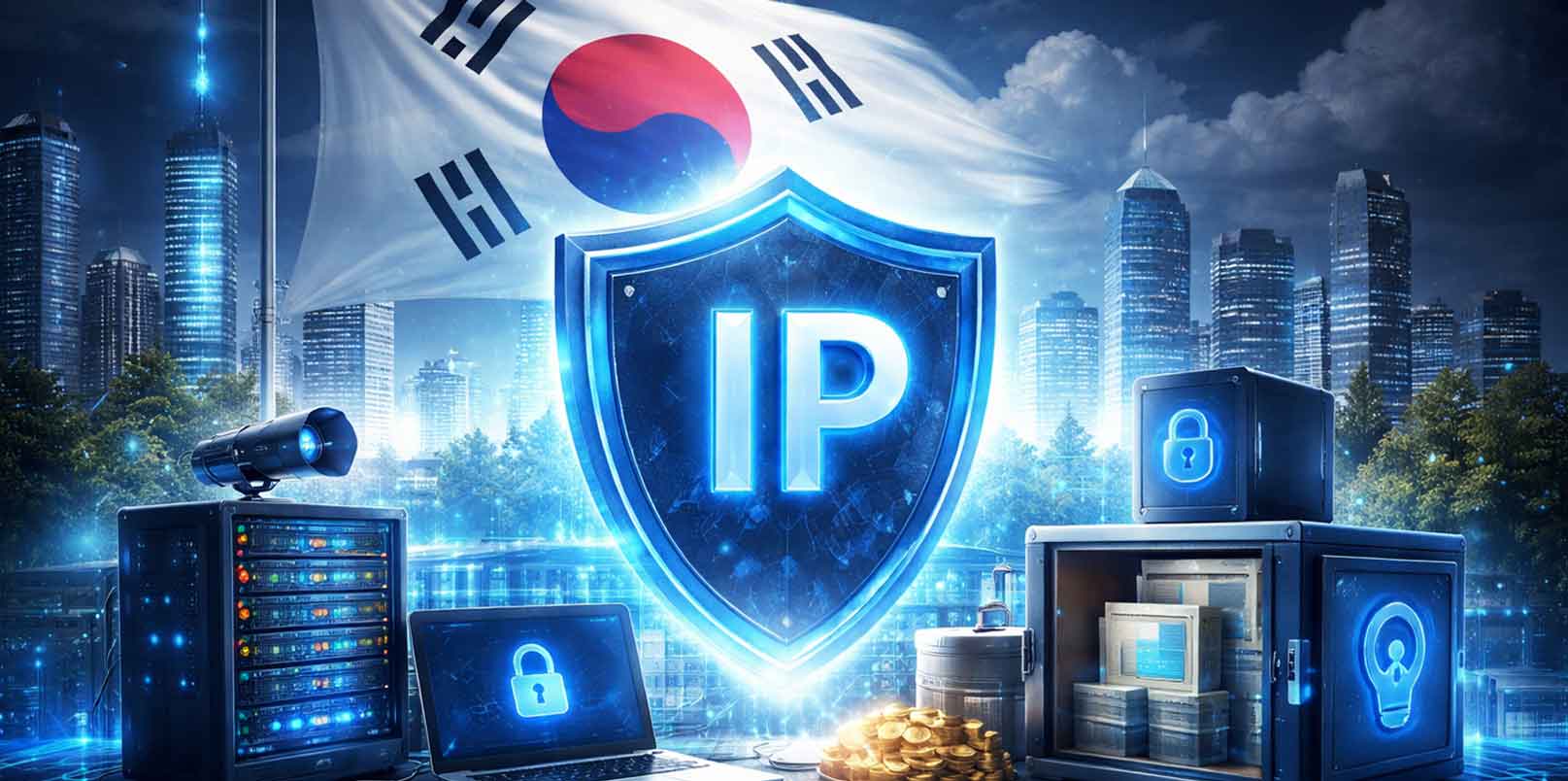As global economies race to dominate the AI era, Korea is positioning deep-tech as the foundation of its next unicorn generation. During APEC 2025 Leaders’ Week, the Global Super-Gap Tech Conference in Seoul highlighted how the Ministry of SMEs and Startups (MSS) is aligning policy, capital, and collaboration to elevate Korean innovators into global technology leaders.
Korea Hosts APEC’s Largest Deep-Tech Forum at Global Super-Gap Tech Conference
The Global Super-Gap Tech Conference 2025 took place on October 28–29 at the Grand Walkerhill Hotel in Seoul as an official APEC side event.
Hosted by the Ministry of SMEs and Startups (MSS), it convened over 2,000 participants including startups, global investors, corporations, and public institutions from across the Asia-Pacific.
Themed “AX for ALL (AI Transformation for Everyone),” the conference featured 13 technology forums, 5 special sessions, and 8 side programs spanning 10 frontier industries such as AI, robotics, semiconductors, biotech, green energy, and quantum technology.
The event marked a direct policy continuation of the “Jeju Initiative” adopted at the APEC SME Ministers’ Meeting in August, where the APEC Startup Alliance was officially launched to promote cross-border startup cooperation and co-investment within the region.
Deep-Tech as Korea’s Next Growth Engine
The MSS positioned the event as a strategic pillar of Korea’s “super-gap technology” vision — advancing innovation in areas with the highest potential for global market leadership.
The ministry’s Next Unicorn Project, now valued at KRW 13.5 trillion (~ USD 9.7 billion), will focus on nurturing promising deep-tech startups that can scale internationally in sectors like AI semiconductors, climate technology, and defense innovation.
Minister Han Seong-sook stressed that deep-tech is no longer an auxiliary sector but a structural force transforming entire industries. She delivered the statement in her opening address,
“AI-driven deep-tech technologies are becoming the backbone of both daily life and industrial change. We will strengthen the national support system and accelerate the creation of next-generation unicorns through deeper collaboration between government and industry.”
MSS plans to restructure its ten super-gap technology paradigms around AI transformation and cross-ministry cooperation, with expanded support for R&D, commercialization, and overseas scaling through new Startup & Venture Campuses in hubs such as Silicon Valley.
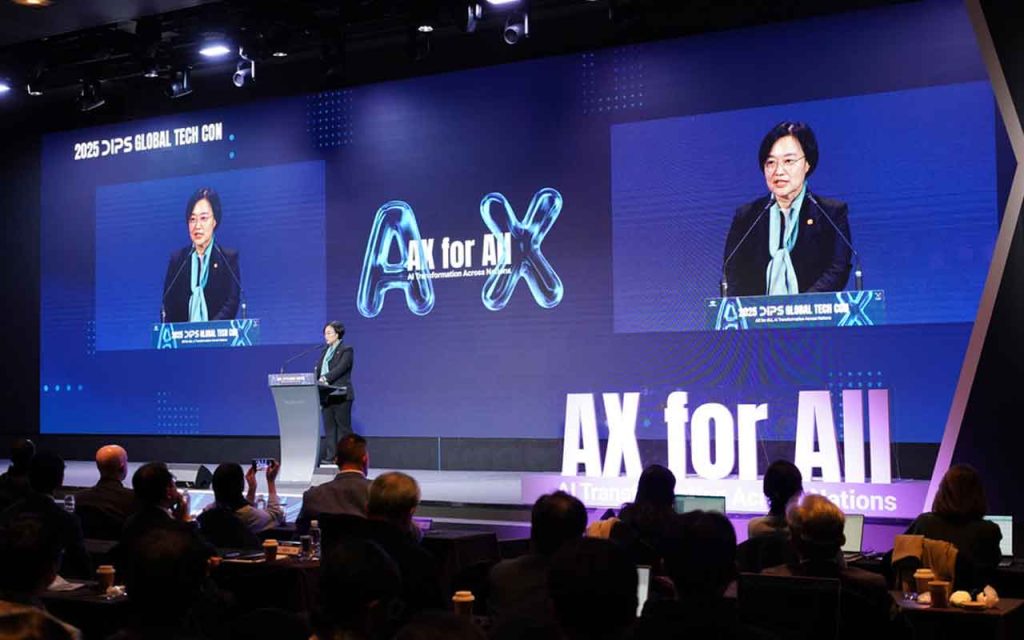
Public-Private Collaboration in Focus at Global Super-Gap Tech Conference 2025
The opening ceremony featured a keynote by Jared Quincy Davis, CEO of U.S.-based AI startup MithrilAI, who discussed how global startups can navigate the transition to AI-driven economies.
Panel discussions followed with representatives from KAIST, LG Electronics, FuriosaAI, and NotaAI, examining how Korea’s deep-tech ecosystem can build competitive edges in AI hardware and data infrastructure.
Minister Han Seong-sook then underscored the need for inclusive innovation:
“Startups that create technologies the world has never seen are leading the charge toward new markets. The government’s role is to help these companies endure uncertainty and connect them to global value chains.”
Startups such as Hudson AI, Wisdome, and Sky Intelligence showcased practical applications already supporting APEC operations — including multilingual AI translation and AI-generated content systems — highlighting how Korean startups are testing their technologies in real global contexts.
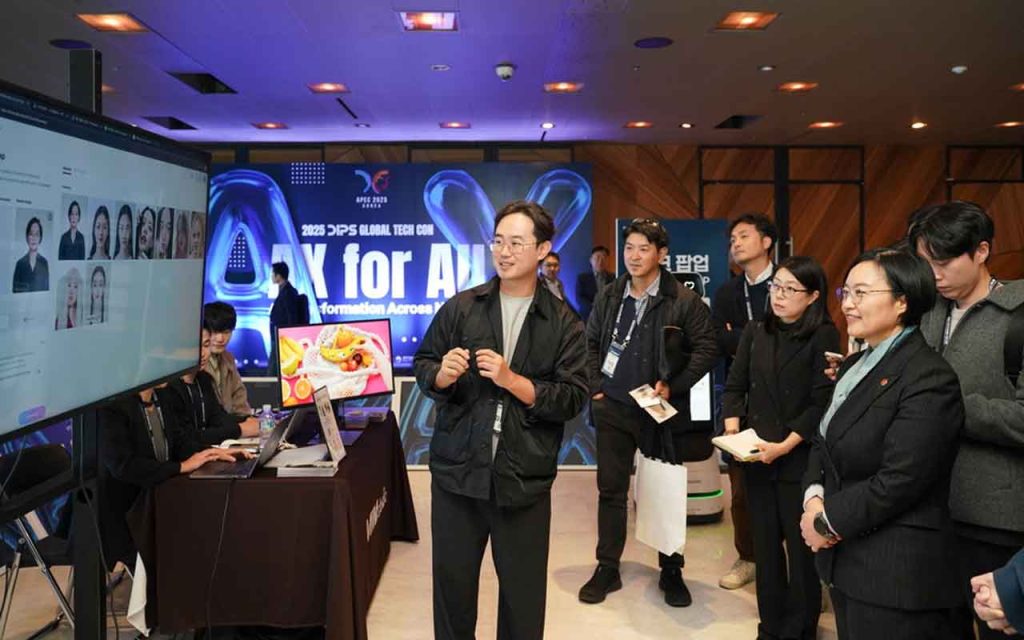
APEC 2025 as Korea’s Deep-Tech Gateway
The conference’s status as an APEC Leaders’ Week side event gave Korean startups an international stage to secure visibility and partnerships.
This follows Korea’s strategic goal of transforming APEC engagement from policy dialogue into a platform for startup diplomacy — where deep-tech ventures can connect with global investors, corporates, and governments.
Through open innovation programs with major Korean firms such as CJ ENM and Kakao, and bio-sector partnerships involving the U.S. and German embassies, the event bridged early-stage innovators with global value chains.
The inclusion of Saudi Arabia’s Ministry of Investment in investor sessions further emphasized Korea’s ambition to link its startup ecosystem to emerging markets in the Middle East.
This event sends a powerful message to the participants that South Korea’s startup ecosystem is shifting toward co-growth, where public funds, large enterprises, and startups collaborate to sustain global competitiveness in next-generation technologies.
Korea’s Deep-Tech Moment on the APEC Global Stage
The Global Super-Gap Tech Conference showcased Korea’s readiness to lead the next wave of deep-tech growth in the Asia-Pacific.
With AI, robotics, and semiconductors as its anchors, the event reaffirmed that Korea’s innovation model is evolving — one that integrates startups’ agility, corporate resources, and government coordination into a unified global strategy.
As APEC Leaders’ Week continues, Korea’s message to the international community is unmistakable: deep-tech will define the nation’s future competitiveness, and its next unicorns will emerge not in isolation but through global cooperation and technology-driven partnerships.
– Stay Ahead in Korea’s Startup Scene –
Get real-time insights, funding updates, and policy shifts shaping Korea’s innovation ecosystem.
➡️ Follow KoreaTechDesk on LinkedIn, X (Twitter), Threads, Bluesky, Telegram, Facebook, and WhatsApp Channel.


